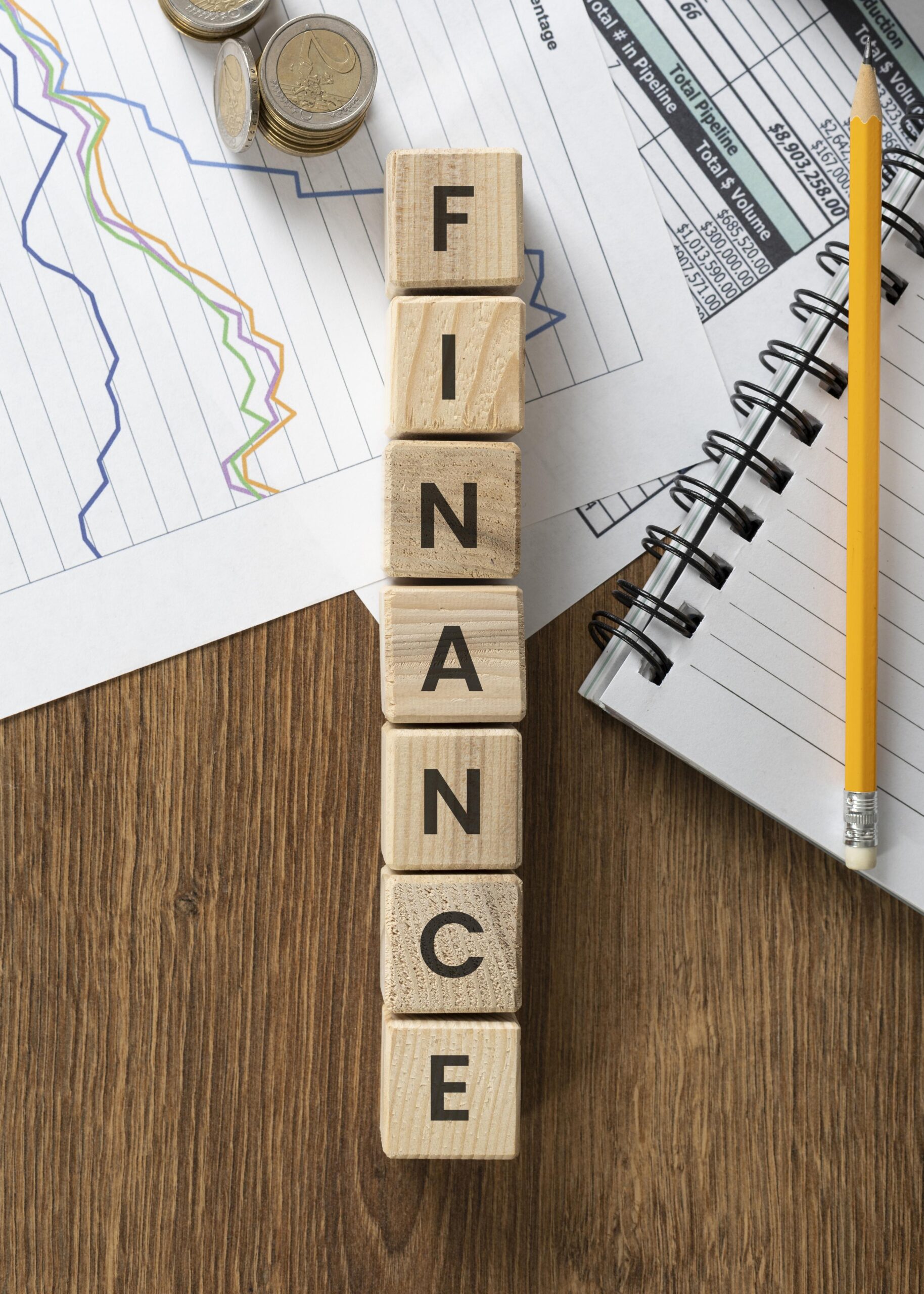Nigeria Faces a N7 Trillion Fiscal Deficit by Q3 2024
In the third quarter of 2024, Nigeria found itself grappling with a fiscal deficit of N7.05 trillion, a figure revealed by President Bola Ahmed Tinubu during his address to the National Assembly on December 18, 2024. The President was presenting the 2025 “Budget of Restoration,” and the deficit highlighted the ongoing financial struggles facing the nation. The shortfall between the government’s revenue and expenditure was significant, as the country continued to rely on borrowing to fill the widening gap in its finances, all while pursuing ambitious spending plans.
The 2024 budget was a massive undertaking, with the government setting out a total expenditure of N47.9 trillion, supported by a revenue projection of N34.8 trillion. This resulted in an eye-watering fiscal deficit of N13.1 trillion, setting a new national record. These figures, laid out in the Medium Term Expenditure Framework (MTEF), were initially presented by the finance minister in November.
By the third quarter of the year, the revenue collected stood at N14.55 trillion, representing 75% of the government’s annual target. However, expenditure was already at N21.6 trillion, 85% of the projected spend for the year. This led to a fiscal gap of approximately N7 trillion, underscoring the difficulty of balancing the budget amid ongoing economic pressures and global uncertainty.
The President also disclosed that the federal government had initially aimed for a budget of N35 trillion, with revenues estimated at N25.8 trillion, which would result in a deficit of N9.2 trillion. Yet, even with the growing deficit, the administration was determined to push for growth.
The President acknowledged the hurdles Nigeria has faced, both globally and domestically, in driving economic recovery. He recognised that while the country had made progress in increasing revenue collection and fulfilling key obligations, there was still a long way to go. The revenue shortfall made it clear that there was a need for stronger fiscal discipline, better tax revenue collection, and the exploration of alternative financing options to reduce Nigeria’s growing debt burden.
Despite the deficit, the broader economic picture offered a few glimmers of hope. Nigeria’s GDP grew by 3.46% in the third quarter of 2024, up from 2.54% in the same period the previous year. The nation’s foreign reserves had reached $42 billion, providing a much-needed buffer against external shocks. In addition, rising exports had pushed Nigeria’s trade surplus to N5.8 trillion, further buoying optimism about the country’s recovery.
As for the 2025 budget, the figure of N37.9 trillion was expected to translate to around $31 billion, based on an exchange rate of N1500/$1, which is a significant increase from the 2024 budget of N35 trillion (around $23 billion at the same exchange rate). This raised questions about how Nigeria would sustain its growth while managing a growing fiscal deficit.
Looking ahead, the President reiterated his administration’s commitment to achieving macroeconomic stability and fostering inclusive growth. However, the fiscal challenges remained a pressing issue. The N7.05 trillion deficit raised concerns about Nigeria’s adherence to the Fiscal Responsibility Act (FRA) of 2007, which caps the fiscal deficit at 3% of GDP. The government’s focus on capital spending, aimed at stimulating growth, had contributed to the widening deficit.
According to the MTEF, the deficit for 2025 is projected to rise to N13.08 trillion, an increase from the N9.18 trillion estimated for 2024. This equates to roughly 38% of total federal government revenues and 3.87% of the estimated GDP. The larger deficit is expected to stem from increases in the minimum wage, pension obligations, and debt servicing costs.
The government has set out a plan to bring the deficit within the FRA’s limits in the medium term, primarily through domestic borrowing, as external borrowing options remain limited.
As Nigeria moves into 2025, the administration is faced with the delicate task of balancing the need for economic growth with the imperative of fiscal sustainability. While the road ahead may be fraught with challenges, the hope is that Nigeria can find a way to navigate its financial difficulties and build a more stable and prosperous future.
Source: nairametrics

